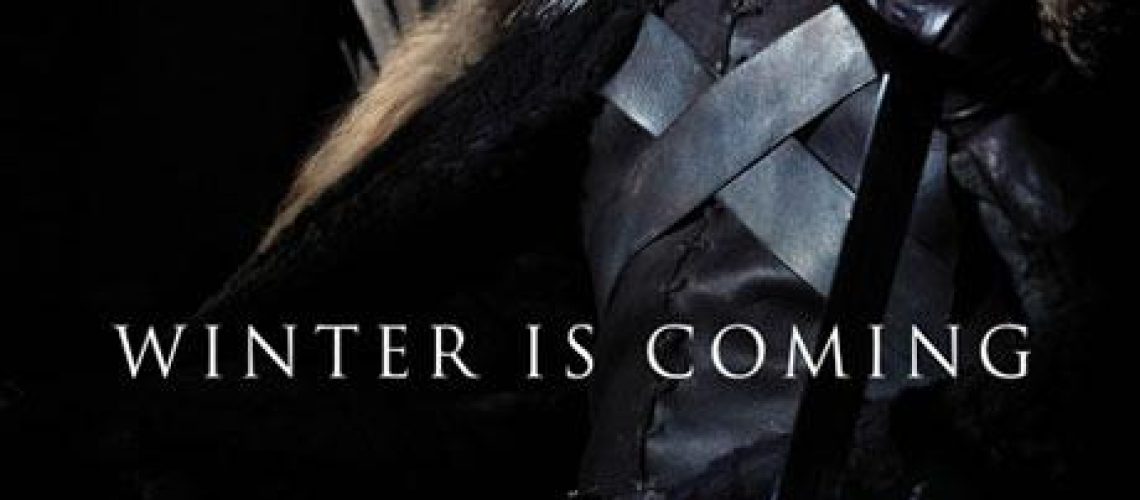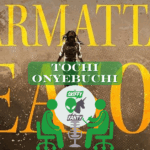Visceral, terrible, gut wrenching, laden with death and loss. Why does it sell? And why in the genre of luminescent fairy wings, immortal wizards, and chivalrous knights that cannot die? Why do we want to bring in the grime, the stink of malice and the cut of despair?
In an industry dominated by the One Ring and a boy wizard — where there was death and violence, but only to an extent — it seemed that Fantasy was a soft genre. There was the thrill of discovery, strange wondrous new lands…and magic! So what made The Game of Thrones rise so high?
Perhaps because it was more real. The setting is not one of wonder; it is one terrible and dirty — where people die. A world where a single man rules with the authority to kill on a word, where political factions scheme for power and survival: the landscape of influence can change in a heartbeat. Game of Thrones shocks and pulls you in when Eddard Stark, the moral center of the book, is beheaded before the people of King’s Landing and before his own daughter. For some, it was too much; for others, it had us shaking our heads wanting to not believe. But whichever camp you were in, in a world of political intrigue where only the strong survive — those that will do ANYTHING — it shows the brutal reality.
Game of Thrones shocks and pulls you in when Eddard Stark, the moral center of the book, is beheaded before the people of King’s Landing and before his own daughter. For some, it was too much; for others, it had us shaking our heads wanting to not believe. But whichever camp you were in, in a world of political intrigue where only the strong survive — those that will do ANYTHING — it shows the brutal reality.
I hated it, but it pulled me in. I wanted Ned to live; I wanted it to be a giant farce. But people are cruel and terrible, and some people will do anything to keep the power they clutch with greedy or trembling hands. This is the core of Martin’s book, and it is something he has never forgotten.
You might argue that the series is also about the redeeming qualities of the human soul. That even the worst of us have a kernel of good and that even the worst can change. But this wouldn’t be relevant if his world was painted in pink and pastel. The contrast makes it stronger.
The grit and gore stands out in Martin’s work, but it is not by itself what differentiates. Unrelenting consequence shows he is not afraid to take the story where it must go. And as an author, I know the fear of killing a character that drives your story: sometimes it must be done.
 In The Lord of the Rings, Boromir is obsessed with the One Ring and his need to use it for his own purposes. He scared off Frodo, and the Fellowship scattered; when the Uruk-Hai came, they were unprepared, and Boromir died. It is a real moment. Where our own fear and mislaid confidence is reflected in Boromir. He died for his mistakes, the Fellowship is split, and the entire journey seems in peril. Instead of being pushed away, the reader is pulled in.
In The Lord of the Rings, Boromir is obsessed with the One Ring and his need to use it for his own purposes. He scared off Frodo, and the Fellowship scattered; when the Uruk-Hai came, they were unprepared, and Boromir died. It is a real moment. Where our own fear and mislaid confidence is reflected in Boromir. He died for his mistakes, the Fellowship is split, and the entire journey seems in peril. Instead of being pushed away, the reader is pulled in.
Things become more believable when you see true consequences of character actions.
Does anyone find it uncompelling when the hero of the story walks away unscathed? We’ve all enjoyed the Summer Blockbuster with the hero dodging a thousand bullets, but how engaged are we? Maybe the first time we enjoy it, perhaps the tenth? Let’s be real: we’ve all enjoyed a few dozen, but we want something different now. Something more. Our belief and engagement with a film is threatened. We start remembering that this is made up of a bunch of actors and actresses running around on a sound stage. There is no peril; there is no risk. So why do we care?
Prime example:
- Edward in Twilight has a massive battle with the redheaded vamp that wants nothing more than to kill him for killing her lover. Meyer sets up the scene with foreshadowing about this being a moment of impending doom. We come to think that something tragic could happen. But no. No big deal. Edward kills her and barely musses a hair.
Gritty fantasy sells because the genre has matured, and with it, readers have found that they want something more. It doesn’t have to be blood or death, but it does have to be a true consequence. One that leaves more than just a scratch.The Song of Ice and Fire became a phenomenon because it was well written, had true consequence and because Martin painted a gritty picture to fit.
We became lost and immersed in the work. And it became real because we never stopped believing.
About the author:
Clifton Hill is an sf/f novelist, freelance artist, SF Signal contributor, webcomic creator, and happy husband and father of two. His latest work is The Veil of the Warrior, Book One in the Hammerblood series.







